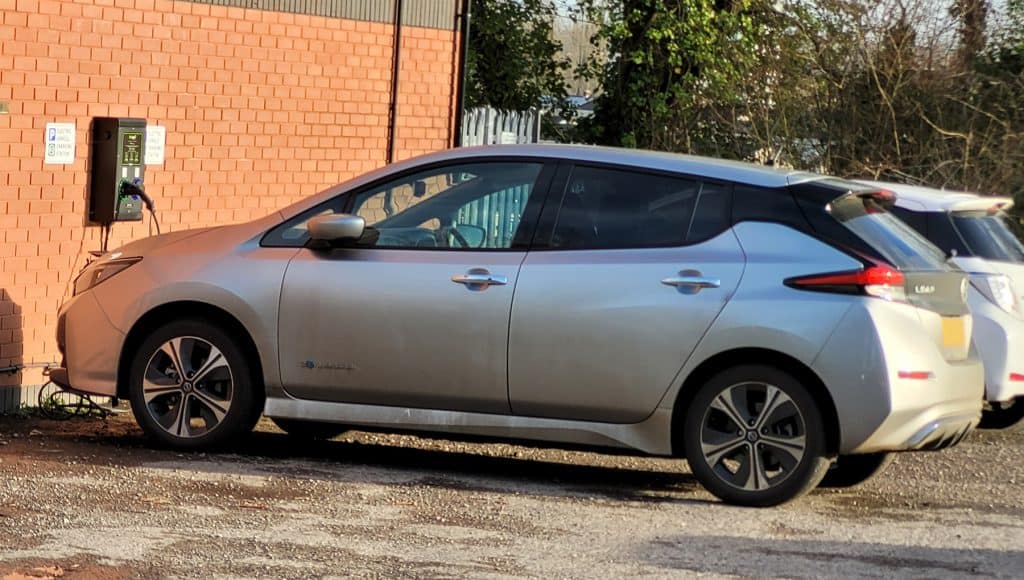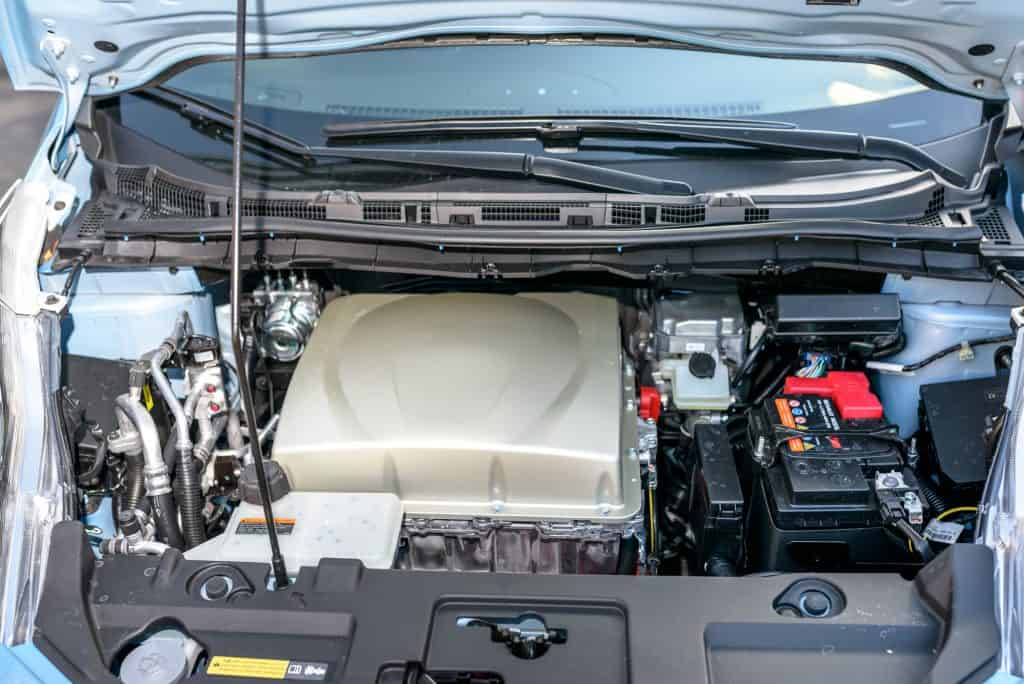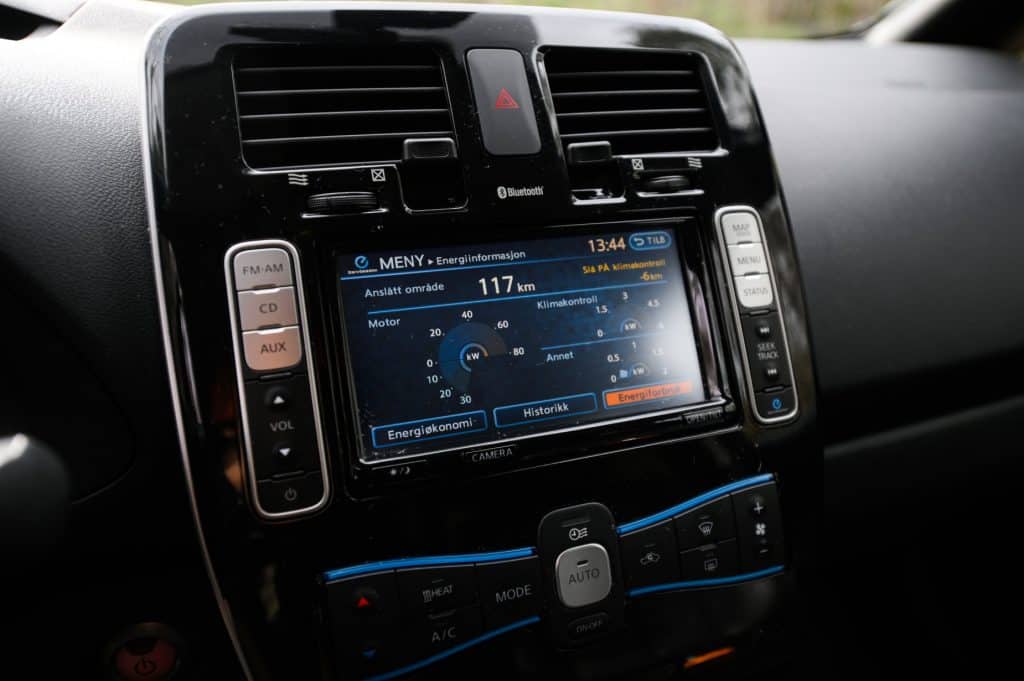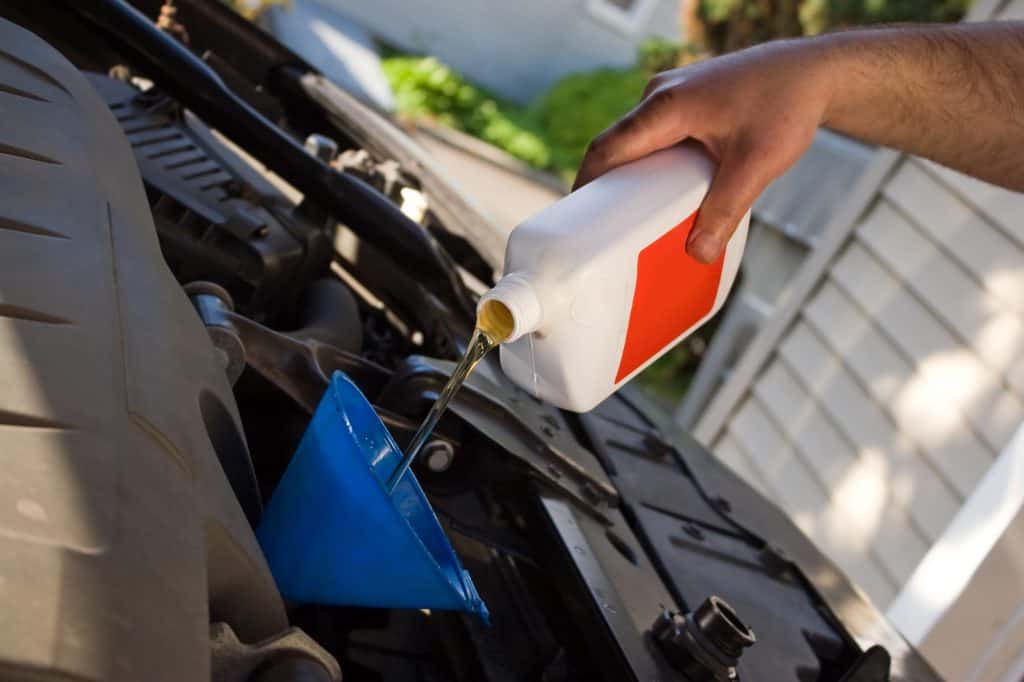A lot of people are interested in getting an electric car like a Nissan Leaf because they understand that an EV will bring numerous benefits that regular internal combustion cars lack. For instance, some are gleeful at the prospect of never having to visit gas stations again, or having to worry about gas prices. Being able to handle all daily “fueling” of one’s car at home is very empowering indeed.
Another area of advantage that people think about regarding the Nissan Leaf and other EVs concerns their servicing and maintenance. Specifically, it occurs to people that since the Nissan Leaf doesn’t have an engine, and thus no engine oil, gaskets, hoses, belts…and the rest. That being the case, what is there that even needs to be done? Does a Nissan Leaf even need servicing? Can we save even more money in this way?
These questions and more will form the core of today’s blog. We’ll be taking a closer look at Nissan Leaf maintenance and servicing, what’s involved, and what advantages there are to be had compared with a conventional internal combustion engine vehicle.
Background: About the Nissan Leaf

The Nissan Leaf — sometimes stylized LEAF — is a 5-door hatchback battery electric vehicle (BEV) that was first launched back in 2010 for the 2011 model year. It has been developed over two generations, the first running from 2010 to 2016, and the second launched in the 2017 model year.
In its current form, the Nissan Leaf is offered with 2 powertrains, one a 40-kWh lithium ion battery paired with a 110-kW electric motor, and the other a 62-kWh battery paired with a 160-kW electric motor. The latter configuration is also known as the Leaf Plus, and offers greater power and range.
Earlier models had a much smaller battery pack, either 24-kWh or 30-kWh depending on the exact model year and trim level purchased. The highest range on the first-generation models was 120 miles, while the lowest was just 73 miles. The second-generation batteries added a great deal of range to the Leaf lineup, making them far more competitive and practical. The max range on a new Nissan Leaf at the time of writing is 226 miles.
Does a Nissan Leaf Need Servicing?

Let’s start by dealing with our core question. The short answer is yes, a Nissan Leaf does need servicing. The bad news for those thinking a Nissan Leaf or other EV would be maintenance free is that this is something of a myth.
While maintenance requirements are largely reduced when it comes to EVs, there is still very much a need to follow a prescribed maintenance schedule from the manufacturer.
You can find a full list here of what Nissan recommends for maintenance for up to 100,000+ miles, but we’ll also outline some of the important points below.
Every 6 Months or 7,500 Miles
- Tires must be rotated
- Inspection of axle, suspension, brake pads, rotors, drive shaft boots, front suspension ball joints, steering gear and linkage
Every 12 Months or 15,000 Miles
- Brake fluid to be replaced
- In-cabin microfilter to be replaced
- Tires must be rotated
- Inspection of all 6-month points, plus charging port, EV battery usage report, reduction gear oil, brake lines and cables
Every 18 Months or 22,500 Miles
- Replace Nissan Intelligent Key battery
- Tires must be rotated
- Inspection of points mentioned in 6-month list
And so it goes on in a similar fashion using intervals of 7,500 miles. The fact is that even if the Nissan Leaf does have far fewer moving parts, no engine, and no traditional transmission to worry about, it’s still ultimately a man-made machine subject to the same laws of entropy and decline under which we all live.
Perhaps none of us should be so surprised that not even a much-lauded electric car can subvert the laws of the universe. The good news is that gone are the days of filter changes, spark plugs, timing and cam belt checks, emissions tests, and all the rest. The bad news is that companies like Nissan have just invented all new ways for your car to go wrong.
Digital Infrastructure

A key area of consideration here is the way in which cars like the Nissan Leaf, Tesla Model 3 and others have moved us on from a mechanical automotive infrastructure to a digital one. Right now, the problems people have with their Nissan Leaf are far more likely to be digital in nature, related to the car’s on-board computer system.
Even most of the apparent physical problems that can occur such as the Leaf not charging when you plug it in can be traced back to fundamental problems with the car’s digital foundation. This isn’t always the case, of course. There are still parts and components that can fail, such as the on-board charging mechanism, which can also be a reason that you plug in your car to charge and nothing happens.
As we move forward into a world more dominated by electric vehicles, we won’t need the mechanical knowledge of the traditional grease monkey as much as we’ll need those with knowledge of battery chemistry and computer science. Having said that, while the engine is gone, there are still numerous common parts and components that any mechanic should be familiar with, which brings us neatly to the next main question.
Does a Nissan Leaf Need Oil Changes?
Engine oil is the lifeblood of the internal combustion engine, and regular oil changes are a staple of most car servicing. They were typically needed every 3,000 miles or so, until more recently when more advanced synthetic oils were developed that widened those intervals to anywhere from every 7,000 miles to every 15,000 miles in some cases.
The Nissan Leaf doesn’t have an engine, of course, but does it use oil in other ways? You might be able to tell from the maintenance schedule we posted above that there is in fact a type of oil that a Nissan Leaf does need, namely the reduction gear oil.
Reduction Gear Oil
The reduction gearbox has actually been something of a sore point for Nissan electric vehicles in the past, particularly on the Nissan E-NV200 commercial van. There have been reports of leaks, faults and other problems stemming from this component, but over the years it seems that Nissan has worked to strengthen it.
As you can see from the previously shown schedule, the reduction gear oil needs to be inspected first at the 30,000-mile mark, and then every 15,000 miles after that. You don’t need to change it every 15,000 miles, and unfortunately the schedule doesn’t recommend any time for changing it, but it can be beneficial to do so as we’ll mention below. Owners who have changed it claim that they did so at around the 75,000-mile mark.
The reduction gearbox is located at the front of the vehicle, underneath where you might expect the engine bay to be sitting. Some report that changing this oil actually brings practical benefits to the Leaf, including up to a 10-percent per kWh boost in range:
Other Fluids
The only two other fluids that one has to worry about in the Nissan Leaf are the brake fluid, and the windshield washer fluid. As you can see from the above-posted schedule, it is recommended that you replace your Nissan Leaf brake fluid about every 15,000 miles, or once annually.
As for windshield washer fluid, this just needs replacing whenever you are running low. It’s not exactly something you have to hire a professional for such as with the reduction gear oil or brake fluid, but that doesn’t make it unimportant.
Not having washer fluid in your reservoir can be very dangerous if you’re driving in traffic, especially during or right after a rain shower. Your windshield can quickly become dirty, and the visibility of the road ahead seriously compromised.
How Much Does it Cost to Service a Nissan Leaf?
In a 2021 article, we published a full costing of Nissan Leaf maintenance and servicing, revealing it to be mercifully low over a 5-year period. We used the 2019 Nissan Leaf as an example back then, and data from Edmunds. Below is an updated costing using the 2021 Nissan Leaf as an example:
Total 5-year cost for maintenance: $3,259
- Year 1: $271
- Year 2: $373
- Year 3: $384
- Year 4: $389
- Year 5: $1,842
In other words, the costs vary quite a lot each year, but the 5-year cost has actually come down in recent years.
For the specific tasks that we mentioned above, costs are estimated as about the following:
- Reduction gear oil change: $100
- Brake fluid change: $300
Is DIY Servicing An Option?

Should you want to save money, might it be an option to try your hand at doing these jobs yourselves? When it comes to the brake fluid change, it’s not recommended because the maintenance schedule includes it specifically as an item needed, and it therefore should be carried out by a proper mechanic.
Failing to employ a proper mechanic to do the job could void the warranty if any subsequent problems that occur can be traced back to you not getting the job done by a professional.
Changing the reduction gear oil isn’t a part of the regular maintenance schedule, but you face the same issue if you try to do it yourself. If you can do it with reasonable confidence in your ability not to inadvertently affect other areas of the vehicle, then you can try.
If you fear that you might cause damage to some critical system in doing the job, however, you’d better instead ask a professional to do it for you, preferably one at a Nissan dealership.